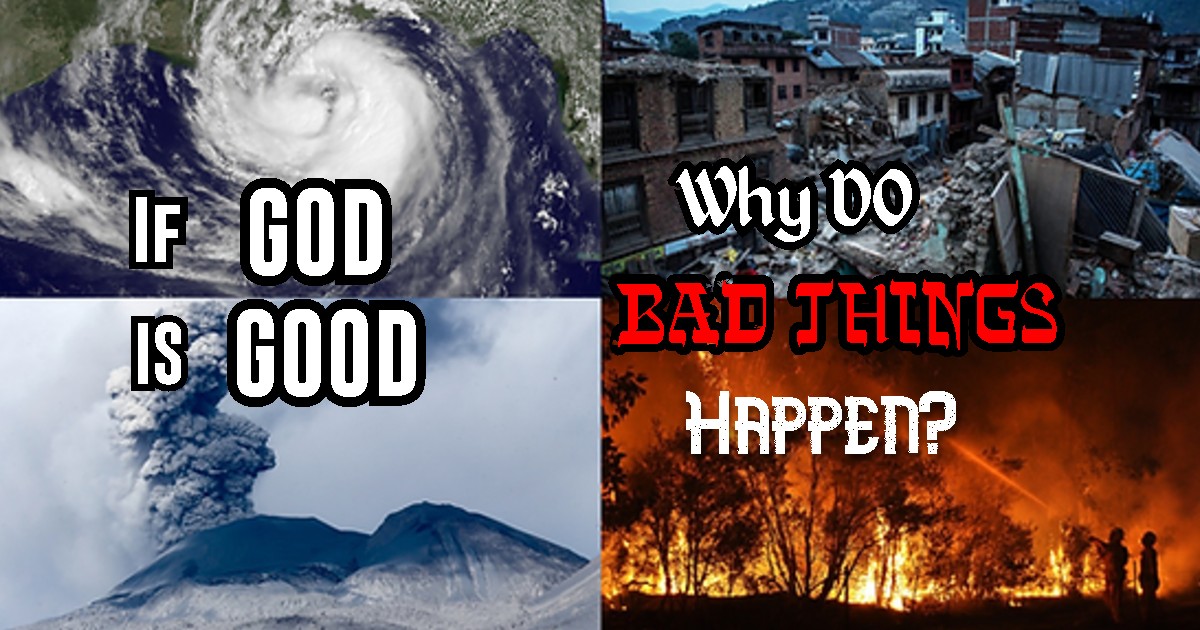The age-old question: Why do bad things happen if God is good? From an atheist perspective, the answer isn’t found in divine explanations, but in understanding human struggles, ancient texts, and the nature of belief itself.
First, let’s look at the Documentary Hypothesis—the idea that the Bible wasn’t written by one divine author, but by many human voices with different agendas. The moral frameworks in these texts reflect the time they were written, often justifying suffering as part of a divine plan or moral test. If the people at the time were writing through the lens of their own hardships, it suggests that their moral reasoning, just like ours, was influenced by context, not divine insight.
Then there’s The Free Will Defense: humans are free to choose, and that’s where evil comes in. But what if free will is just a convenient excuse for the randomness of life and human nature? In an atheist view, suffering often stems from biological, social, and environmental factors, not divine will. Life’s bad moments are just part of the chaotic world we live in, not an orchestrated test.
Soul-Making Theodicy suggests suffering makes us better, but from a secular standpoint, it’s more likely that hardship forces growth out of necessity, not a divine design. We adapt, we survive, and we sometimes grow stronger—not because suffering is good, but because we have no other choice.
Skeptical Theism claims that God’s ways are beyond us, and we just have to accept it. But from an atheist perspective, it’s a little more straightforward: Maybe there’s no grand cosmic purpose behind suffering. Sometimes bad things happen because of random chance or the way humans interact with the world—there’s no divine mystery to resolve.
Process Theology paints God as evolving alongside us, but if we’re honest, the world looks more like a place where random events unfold, and people do the best they can. There’s no need for God to be part of the process; the universe is just doing its thing.
Finally, Eschatological Hope is the belief that everything will work out in the end. But without a belief in the divine, that hope can feel empty. The reality is, bad things happen, and we don’t have any guarantees about a happy ending. Our hope comes from within—working to improve the world while we’re here, instead of waiting for some heavenly resolution.
Ultimately, the question of why bad things happen isn’t about divine justice. It’s about us grappling with the human condition, trying to make sense of a world that doesn’t always make sense. From an atheist’s perspective, suffering is not part of some divine test—it’s just life, and we’re in it together, doing our best to cope and create meaning.
#Atheism #Theology #HumanNature #FreeWill

